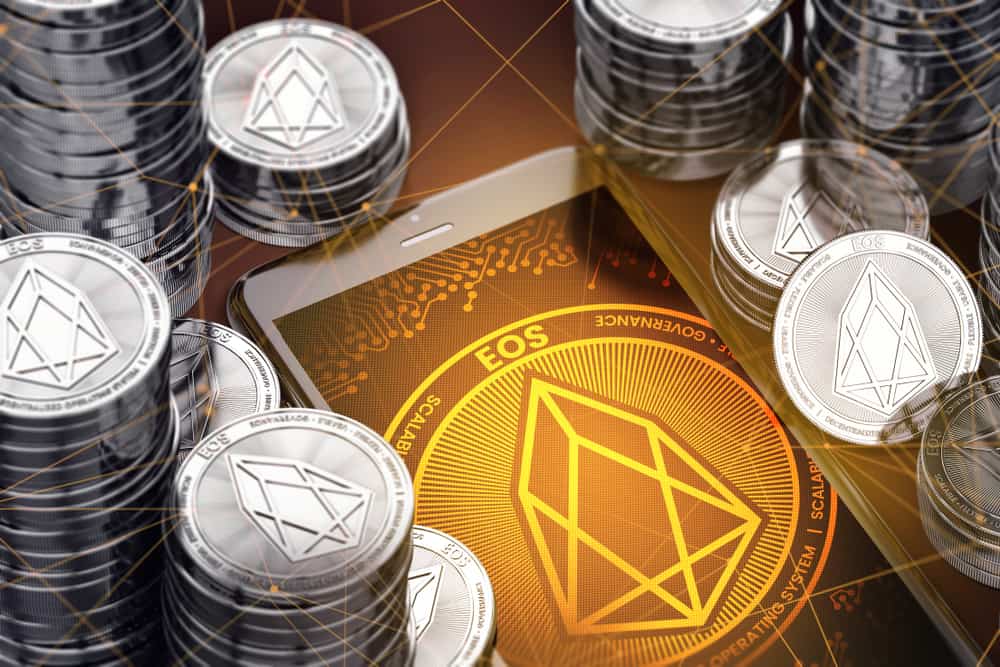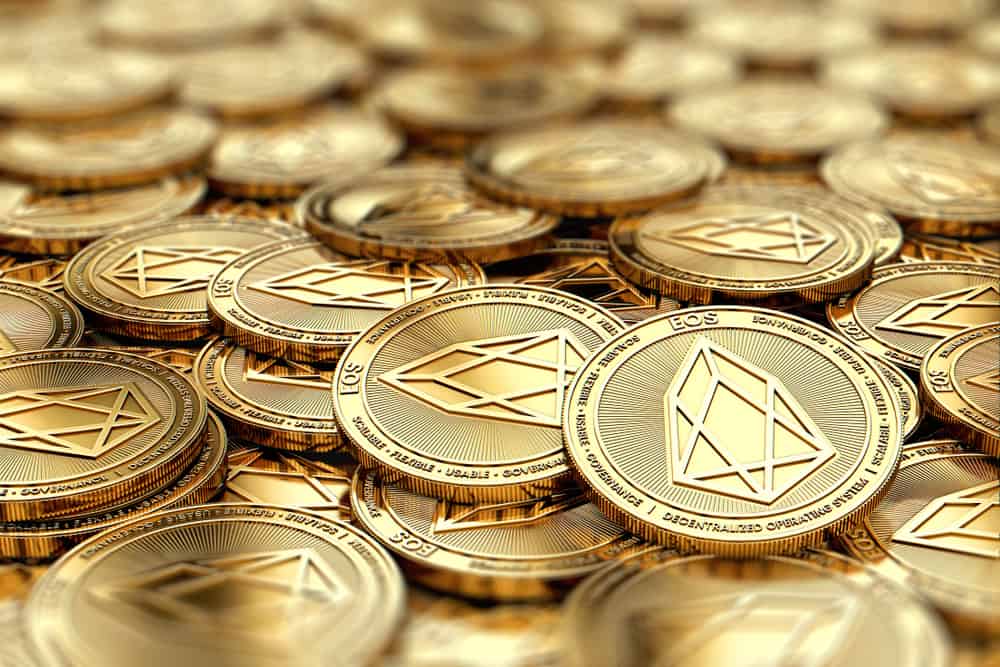EOS tokens are not designed for long-term HODLing as is evident from the network’s proposed policy, which makes use of coins compulsory within three years of the last transaction. Such accounts can be terminated and auctioned by the Block.one, which is the company behind the cryptocurrency.
A prominent block producer explained that the popular long-term investment strategy for digital assets violates article XV of the EOS constitution. He mentioned that the users are encouraged to “use” their tokens to build more dApps and ensure that the blockchain stays true to its intended use case.
A Controversial Article Sparks Community-wide Debate
The constitution of the blockchain network contains Article XV that comes into effect if a user does not utilize his coins for more than three years. The current draft of the article states:
“A Member is automatically released from all revocable obligations under this Constitution 3 years after the last transaction signed by that Member is incorporated into the blockchain. After three years of inactivity, an account may be put up for auction and the proceeds distributed to all Members according to the system contract provisions then in effect for such redistribution.”
Prominent block producer for the network EOS New York’s Rick Schlesinger explained that this is done to ensure that holders use the coins to develop dApps, which is the original utility for the crypto. Note that tokens on this network can be staked for CPU, Network, storage, and RAM.
Schlesinger suggested that holding on to the coins for years means hoarding scarce resources that could be used to build new applications.

What About Investors?
The new constitution has created panic amongst investors who bought this token in hopes of superior gains in the years to come. While the coins are designed for use by developers, they are currently held by thousands of early investors looking for significant gains. Many of whom may not have a technological background.
The current framework discourages users from using the coins as an asset. Schlesinger suggested that people who are not software developers could also participate actively in the community. He said:
“Even if someone can just re-vote for a BPC or on a Worker Proposal once every three years that would completely negate any worry about Article XV.”
He further clarified that the network is not against long-term investments or HODLing as long as the user keeps performing some action in the community at regular intervals.
Schlesinger also noted that the article is a part of a draft constitution by the Block.one team and might be subject to amendment by the community under Article XI. However, it would happen only when the blockchain goes live.
The community can call for a referendum but the opinion of influencers like Block.one CTO Daniel Lanimer could be very impactful in deciding the consensus.






